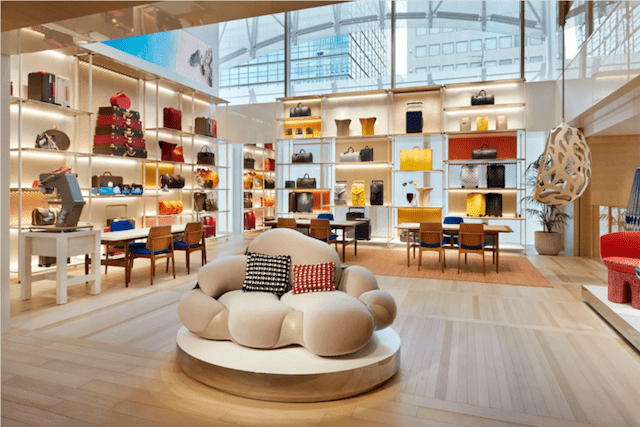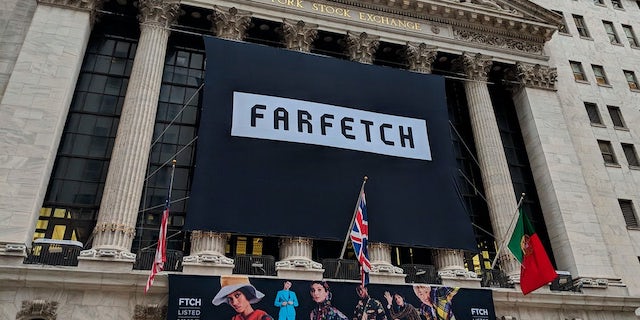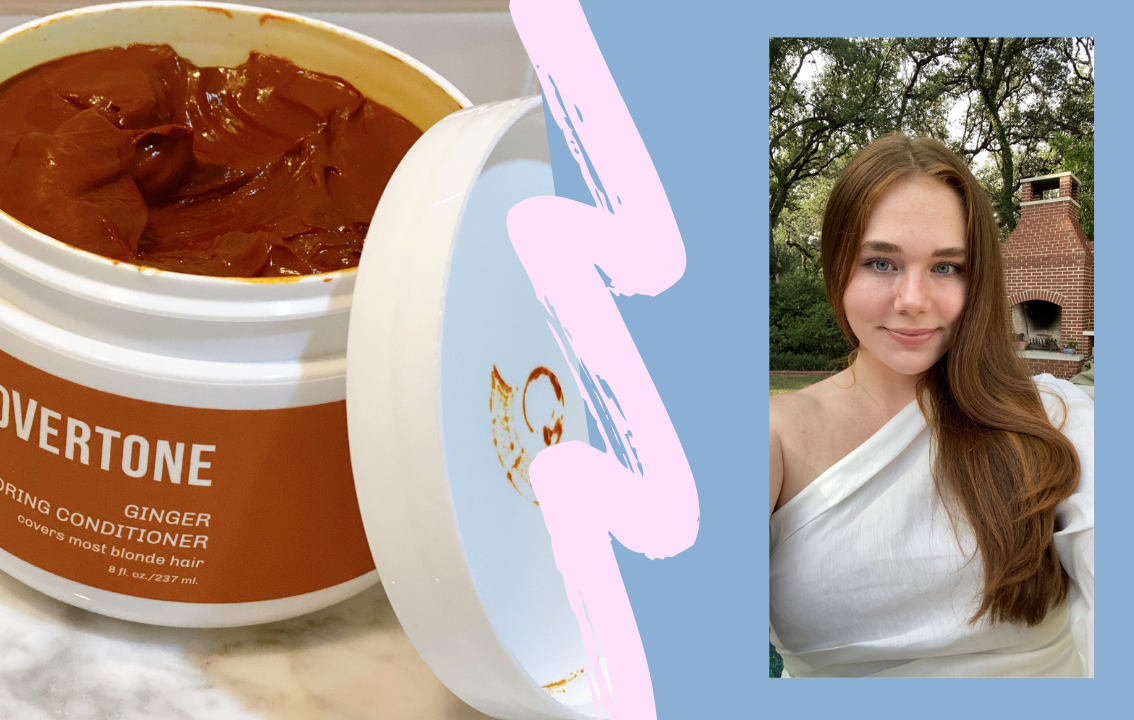On Friday, Business of Fashion announced that Richemont, the luxury Swiss conglomerate, and Alibaba, the Chinese e-commerce giant, had each invested $300 million in Farfetch, a fast-growing British e-retailer, as well as an additional $250 million each in a new joint venture, Farfetch China. This massive deal, totaling nearly $1.1 billion in investment between the two parties, comes at a time when the luxury market, still reeling from the ongoing effects of COVID-19, is trying to figure out how to pivot in order to capitalize on consumerism’s apparent “new normal.”
Luxury has long thrived on in-person, boutique experiences, designed to make its customer feel special, enveloped in the lavish culture of heritage brands. However, despite the overwhelming shift toward online retail, Bernard Arnault, Chairman of LVMH, has long stood by his traditional retail approach, citing the group’s boutique experiences as what sets his brands apart from run-of-the-mill retail. Thus far, Arnault’s strategy has worked; however, with quarantines being re-instituted in parts of Europe and many consumers still unwilling to venture out to physical stores, this old-fashioned approach may not hold up for much longer.
While nearly all of fashion’s luxury labels are down on the year, LVMH, Kering, and Hermès all saw sales improve during the September quarter as Chinese consumerism rebounded. And, while the Chinese re-awakening is a good sign for the luxury market, especially as we head into the holiday season, this also creates a new race to see who, or rather which group, can capitalize on the renewed confidence of Chinese consumers.
Enter: Richemont. The world’s second largest luxury conglomerate and parent company of Cartier and Van Cleef & Arpels, among other brands, has faced the harsh reality of an 82% decline in net profits on the year. However, with sales in China up 83% as of September 30th, overtaking the US as the group’s biggest market, Richemont only posted a loss of 2% in the last quarter, according to Reuters. And, with the announcement of the its new stake in Farfetch, the group’s stock rose 8.3% as of 11:26 GMT Friday, offsetting its 17% decline in share price this year.

Richemont is already ahead in the online space race, compared to its competitors. Though it boasts more than 75 luxury houses, including soon-to-be-acquired American jeweler Tiffany & Co., LVMH only has one strictly-online retail site, 24s. However, Bernard Arnault’s focus on the in-person customer experience has, thus far, only strengthened his business model, his brands achieving a combined net worth of over $200 billion. Kering, the French conglomerate and parent company of iconic brands including Gucci, Alexander McQueen, and Saint Laurent, does not have an e-commerce-specific site, again focusing its attention on the allure of the boutique experience.

Richemont, on the contrary, already owns Yoox Net-a-Porter (YNAP), two different e-commerce sites, with Yoox selling pre-owned designer goods and Net-a-Porter essentially being a premier online luxury department store. As Richemont’s forward-thinking and incredibly tech-saavy Chairman, Johann Rupert, so eloquently put it, “You are either a disruptor or a disruptee [in the luxury market], and I hate being the latter.”

Now, with a large stake in Farfetch, a new China-specific e-commerce venture, and continued success from YNAP, Richemont takes a huge lead in the online space race against its largest conglomerate competitors, an advantage that will continue to pay dividends for years to come.
Now, the question remains, what’s next for LVMH and Kering? Will they follow in Richemont’s footsteps, building their online presence and forging joint ventures in the burgeoning Chinese market, or will they stick to their brick-and-mortar ways? More importantly, how will this decision affect their long-term success? As retail shifts online now more than ever, LVMH and Kering may find that their tried-and-true strategies are now defunct, antiquated, unable to keep up with the modern consumer, and unable to rake in profits.







